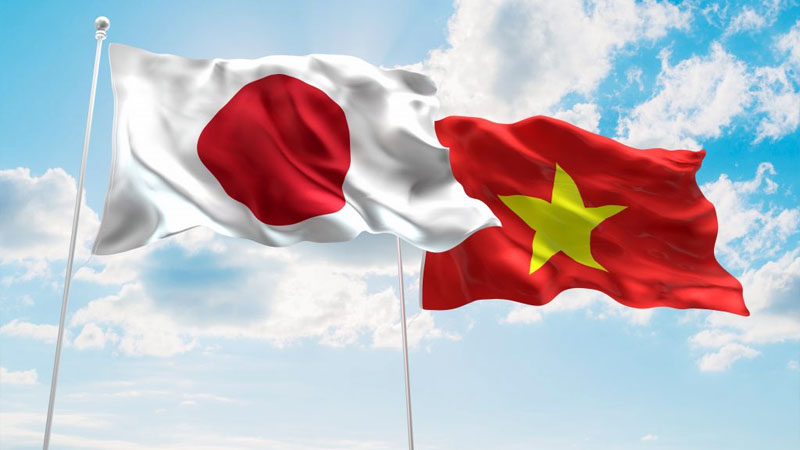Exclusive content

The seafood export industry in Vietnam has encountered a significant challenge concerning the regulatory standards of Doxycycline antibiotics when exporting to Japan. This issue has sparked concerns among seafood businesses, particularly those involved in shrimp exports, as Japan’s regulations prove to be notably stringent compared to many other markets.
Stricter Regulations Pose Challenges
The crux of the matter lies in Japan’s strict regulations regarding the acceptable threshold of Doxycycline antibiotic residue in imported seafood products. While this antibiotic is still permitted for use in aquaculture in Vietnam, Japanese standards present a major obstacle for Vietnamese seafood exports to the country. In 2023 alone, Japan emerged as the second-largest market for Vietnamese seafood, with exports valued at USD 1.516 billion.
According to the Vietnam Association of Seafood Exporters and Producers (VASEP), feedback from businesses exporting shrimp to Japan highlights a significant inadequacy in the current standards. Specifically, Japan’s regulations regarding Doxycycline antibiotic criteria are deemed excessively stringent, creating substantial difficulties and disadvantages for Vietnamese exporters.
Discrepancies Among Markets
Preliminary research conducted by VASEP and businesses reveals a notable contrast among global markets concerning the regulation of Doxycycline antibiotic usage in aquaculture products. While several markets, including the EU, China, and New Zealand, do test this indicator, they stipulate a maximum allowable residue level (MRL) of 100 ppb, a level deemed appropriate for controlled aquaculture products from Vietnam.
However, Japan’s regulations set the MRL level for Doxycycline in certain seafood products at 50 ppb, significantly lower than that of other markets. Moreover, for other aquatic products, Japanese regulations lack a specific MRL level for Doxycycline, implementing a general limit of 10 ppb for chemical and antibiotic indicators. This stark difference implies that Japan’s maximum acceptance threshold for Doxycycline in imported seafood is ten times stricter than that of many other markets.
Advocating for Equivalence
Recognizing the implications of these regulatory disparities, VASEP has taken proactive measures by urging the Ministry of Agriculture and Rural Development to intervene. VASEP has formally requested the Ministry to engage with Japanese authorities to align Japan’s regulations on the maximum allowable limits for Doxycycline antibiotics with those of other key markets such as the EU, China, and New Zealand.